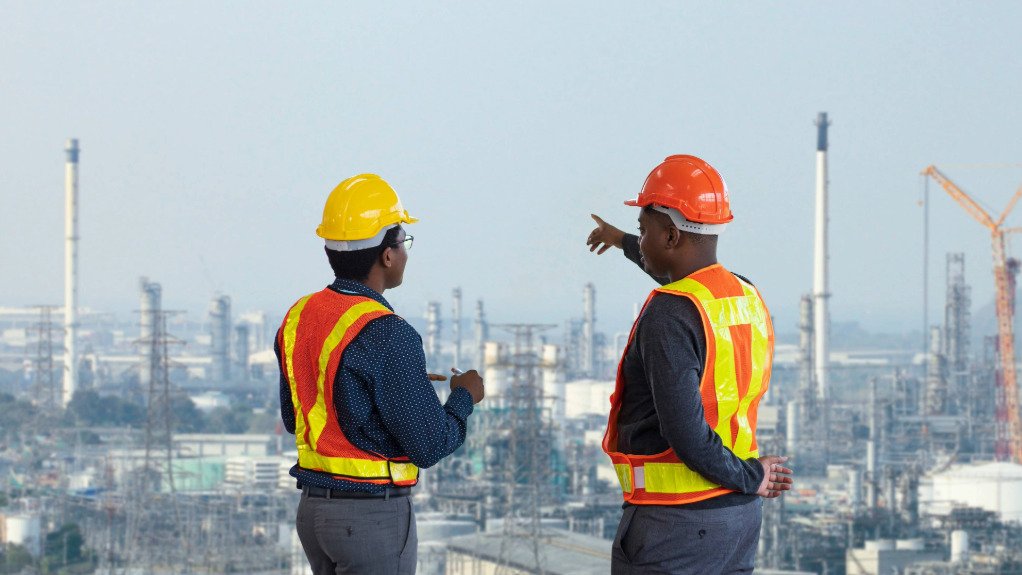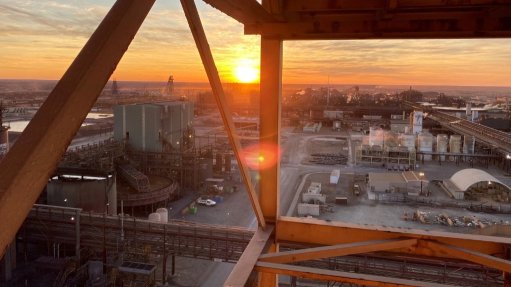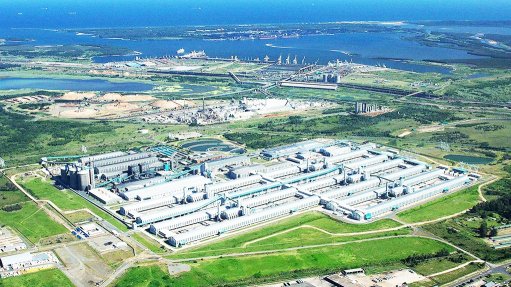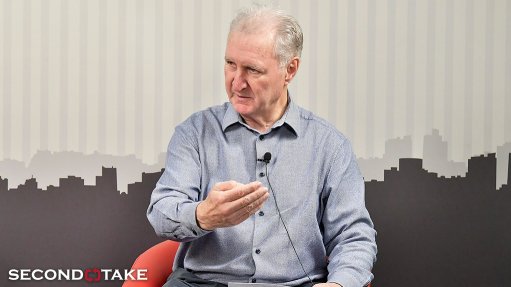Gas-to-methanol plant to provide industrial feedstock


LOOKING AHEAD Plans to offset the flaring of natural gas and instead turning it into a valuable chemical for solvents are underway at Africa’s largest gas-to-methanol plant
Pan-African development finance institution Africa Finance Corporation (AFC) has announced that it is arranging a project development facility to support Africa’s largest gas-to-methanol plant, with the aim of significantly reducing CO2 emissions by offsetting flaring of natural gas and instead turning it into a valuable chemical for solvents, paints, plastics and car parts.
The project in Akwa Ibom, Nigeria, targets producing an initial 1.8-million tonnes a year of methanol, diversifying the local economy and generating over 18 000 jobs.
AFC has committed development stage financing to derisk the project and enable it to reach financial close, along with providing financial advisory services to the sponsors to raise the required project financing and support successful delivery of this transformational project.
The venture is led by project development and investment management firm Blackrose and co-developed with financial institution the International Finance Corporation (IFC), the private sector arm of the World Bank Group, which are co-financing alongside AFC.
Most of Nigeria’s 200 cubic feet of natural gas reserves – the largest in Africa, and accounting for a third of the continent’s total gas reserves – remain unexploited, presenting a substantial opportunity to bolster the country’s natural resource beneficiation and enhance climate resilience.
Gas flaring has been a significant hazard for local people since the beginning of oil production, emitting chemicals linked to respiratory and other health issues.
“This innovative project is transforming an ‘immense negative’ for Nigerians into a very significant positive by harnessing this country’s abundant gas reserves as a unique opportunity to become a global leader in low-carbon manufacturing and energy systems,” says AFC president and CEO Samaila Zubairu.
He stresses the strategic collaboration with Blackrose and IFC underscores AFC’s dedication to supporting Africa’s pragmatic transition to net zero, emphasising rapid industrialisation, local job creation, and socioeconomic advancement through the production of methanol – a versatile and low-carbon industrial feedstock.
The project will be implemented in two phases, each with an installed capacity of 1.8-million tonnes a year.
Phase 1 will produce low-carbon methanol, an industrial chemical essential to the manufacturing of hundreds of everyday products, including solvents for the pharmaceuticals industry, paints, plastics, automobile parts and construction materials.
This is also a lower emissions alternative fuel used in hard-to-decarbonise sectors such as shipping and industrial boilers, with applications for cooking stoves and fuel cell solutions.
Phase 2 will expand methanol production to include ammonia, a critical feedstock for fertiliser production.
Methanol is produced using synthetic gas predominantly from coal and natural gas.
By using best-in-class energy- efficient production methods, the plant will achieve a much lower net-carbon intensity compared to traditional methanol synthesis techniques, while also reducing emissions by converting gas that would otherwise have been flared.
Additionally, the project incorporates plans for carbon capture and offset strategies as well as the use of external hydrogen to bring targets even closer to carbon neutrality.
Once operational, the gas-to- methanol plant is expected to generate more than 2 500 local jobs during the construction phase and a further 16 000 indirect jobs, by catalysing manufacturing activity and economic diversification.
Comments
Press Office
Announcements
What's On
Subscribe to improve your user experience...
Option 1 (equivalent of R125 a month):
Receive a weekly copy of Creamer Media's Engineering News & Mining Weekly magazine
(print copy for those in South Africa and e-magazine for those outside of South Africa)
Receive daily email newsletters
Access to full search results
Access archive of magazine back copies
Access to Projects in Progress
Access to ONE Research Report of your choice in PDF format
Option 2 (equivalent of R375 a month):
All benefits from Option 1
PLUS
Access to Creamer Media's Research Channel Africa for ALL Research Reports, in PDF format, on various industrial and mining sectors
including Electricity; Water; Energy Transition; Hydrogen; Roads, Rail and Ports; Coal; Gold; Platinum; Battery Metals; etc.
Already a subscriber?
Forgotten your password?
Receive weekly copy of Creamer Media's Engineering News & Mining Weekly magazine (print copy for those in South Africa and e-magazine for those outside of South Africa)
➕
Recieve daily email newsletters
➕
Access to full search results
➕
Access archive of magazine back copies
➕
Access to Projects in Progress
➕
Access to ONE Research Report of your choice in PDF format
RESEARCH CHANNEL AFRICA
R4500 (equivalent of R375 a month)
SUBSCRIBEAll benefits from Option 1
➕
Access to Creamer Media's Research Channel Africa for ALL Research Reports on various industrial and mining sectors, in PDF format, including on:
Electricity
➕
Water
➕
Energy Transition
➕
Hydrogen
➕
Roads, Rail and Ports
➕
Coal
➕
Gold
➕
Platinum
➕
Battery Metals
➕
etc.
Receive all benefits from Option 1 or Option 2 delivered to numerous people at your company
➕
Multiple User names and Passwords for simultaneous log-ins
➕
Intranet integration access to all in your organisation
















